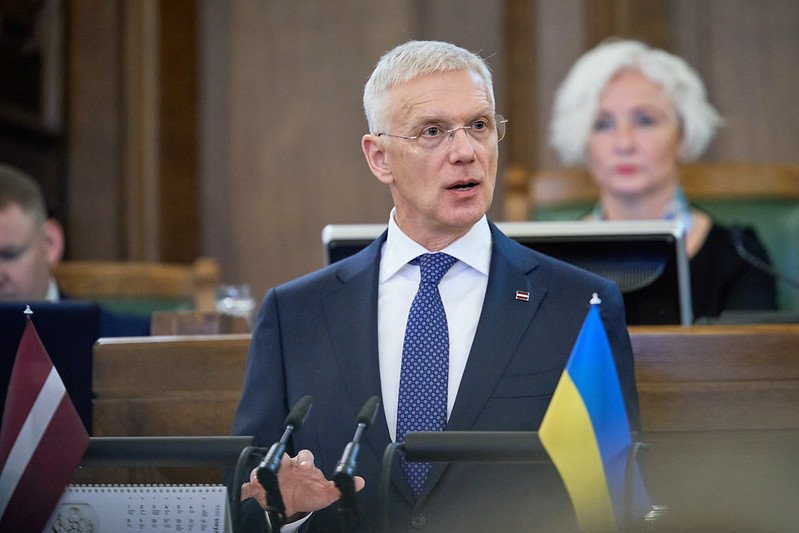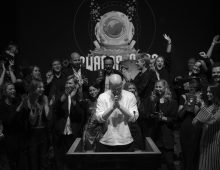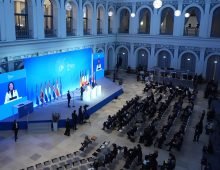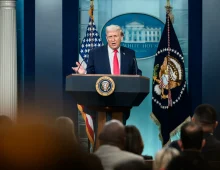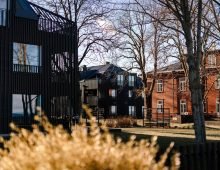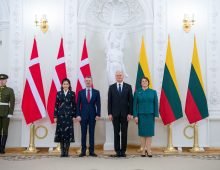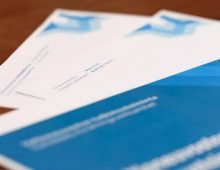The Palestinians must be given the opportunity to establish their own independent state, because only in this way can lasting peace be achieved, Foreign Minister Krisjanis Karins (New Unity) stressed during the annual foreign policy debate in the Saeima today.
He pointed out that from the very beginning Latvia had unequivocally supported Israel’s right to exist as a free and democratic state that had the right to defend itself. Karins’ view, it is not a contradictory position to support Israel and, at the same time, to support the creation of a Palestinian state with the aim of bringing peace.
Addressing MPs, Karins noted that the global situation is turbulent. It is not only Russia’s war in Ukraine, but also Israel’s war with Hamas in the Gaza Strip. Karins explained that to some extent the war is spreading: in Gaza, Israel is trying to destroy Hamas, while Houthis from Yemen are shelling ships and trying to influence trade routes in the Red Sea, and from Lebanon Hezbollah is shelling Israeli positions.
The Foreign Minister’s address also referred to the disruption of shipping through the Red Sea and the impact on supply chains. Moreover, as Karins pointed out, these are not the only conflicts, mentioning also the Sahel region, where the continued and active involvement and influence of the Russian Wagner mercenary group can be observed.
“Tensions between China and Taiwan are not easing. […] It can and does affect the whole world, even in the area of trade. China’s tensions with the US, Latvia’s main strategic partner, are even more acute. I would remind you that Russia’s war in Ukraine, Hamas and Israel, Iran, the Sahel region, China, Taiwan, are creating a turbulent environment,” said the Foreign Minister.
He stressed that Latvia can continue to safeguard its freedom, democracy and security by wisely shaping its foreign and domestic policies. The Foreign Minister asked rhetorically what the country had done so far to strengthen its security. Karins noted that 20 years ago Latvia joined two important international organisations – the European Union (EU) and NATO.
“Since the moment of our accession, our membership in these organisations has been the basis for our economy to continue to develop and for us to live in peace and security. This is the foundation and going forward this will not change in our foreign policy. Our active participation in the EU and NATO, not as a little brother but as an equal member, is based on the principle – protect yourself and your friends will come to your aid. We must protect ourselves. We can ask the question, are we doing that? The answer is unequivocally yes, we are,” the Foreign Minister stressed.
Source: BNS
(Reproduction of BNS information in mass media and other websites without written consent of BNS is prohibited.)

